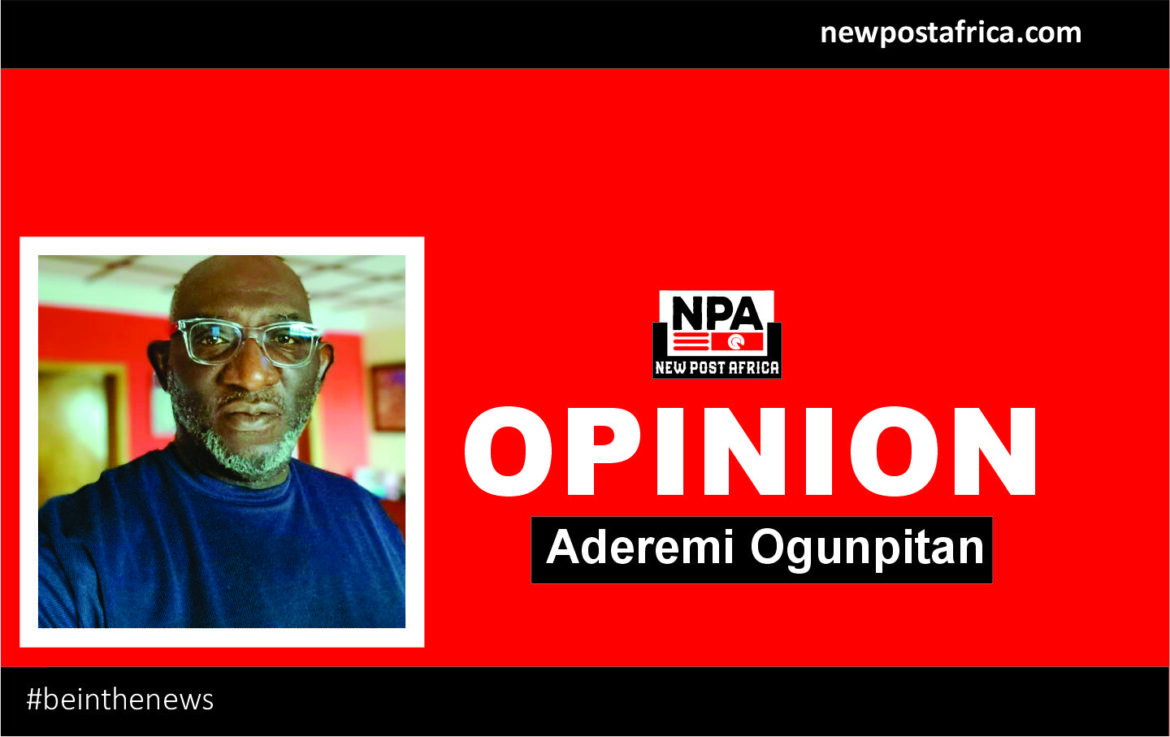Rwanda in East Africa has intentionally emerged as the leading destination for international conferences and events and a creative hub in the sub-Saharan Region. Kigali, its eco-friendly capital, is well-connected to the seven continents, with RwandAir, the country’s flag carrier, expanding its routes aggressively. Also, the government, led by President Paul Kagame, has simplified the visa process—offering visas on arrival—making the country attractive for global meetings. Security in the country of about 14 million people, reputed for a low crime rate and significant investment in public safety, has significantly enhanced its appeal to international delegates and investors and raised the bar.
Modern infrastructure, such as world-class venues like the Kigali Convention Centre, reliable transportation, an eco-friendly urban planning strategy, and international hotel chains, also contributes to the success of the East African country. With the booming Rwanda’s hospitality industry complementing its growing MICE (Meetings, Incentives, Conferences, and Exhibitions) sector. The government has also invested heavily in education, developing a tech-savvy, skilled workforce, particularly in ICT, events management, and hospitality, supported by institutions like the African Leadership University and tech hubs.
In contrast, despite its large cities like Lagos and Abuja, Nigeria faces challenges that hinder it from profiting from the growing MICE industry to attain its full potential. Security concerns, including terrorism, civil unrest birthed by worsening economic conditions and perennial secessionist agitations, have remained major obstacles to attracting international events. While the country of over 200 million people has significant facilities such as the Eko Convention Centre and others, unreliable infrastructure—particularly in power generation and supply and poor transportation services—diminishes its MICE competitiveness. And despite its creative and tech sectors being very vibrant, particularly in Lagos, brain drain and gaps in technical education hamper further economic growth. Government efforts to promote international events have been slower, fraught with bureaucratic red tape and policy somersaults.
Notably, Rwanda’s government has played a pivotal role in driving a focused MICE strategy, marketing the country globally, and encouraging private-sector involvement. Nigeria, with its larger population and market potential, could catch up by addressing security concerns and national cohesion challenges, improving its infrastructure, and fostering public-private partnerships. Simplification of the visa policies and robust investments in technical education are other critical steps to enhance its global standing.
Nigeria’s untapped MICE market has the potential to generate between $500 million to USD 1 billion annually, in contrast to Rwanda’s current USD 60 million—expected to grow to USD 150 million by 2025. The global MICE industry, valued at USD 876 billion in 2022 and projected to reach USD 1.4 trillion by 2028, presents significant opportunities for Nigeria to shore up its foreign exchange earnings to support the ongoing efforts to arrest its spiralling economic crisis.
In the short and long run, with the right reforms, Nigeria could unlock substantial economic growth by capitalising on this sector, boosting tourism, attracting foreign investments, creating jobs and also diversifying its economy and positioning itself as a key player in Africa’s event and tourism space.
Aderemi Ogunpitan is the President of IBST Limited (an award-winning Nigerian video production company with affiliates in London, Accra, Douala, Kampala, and Nairobi).



